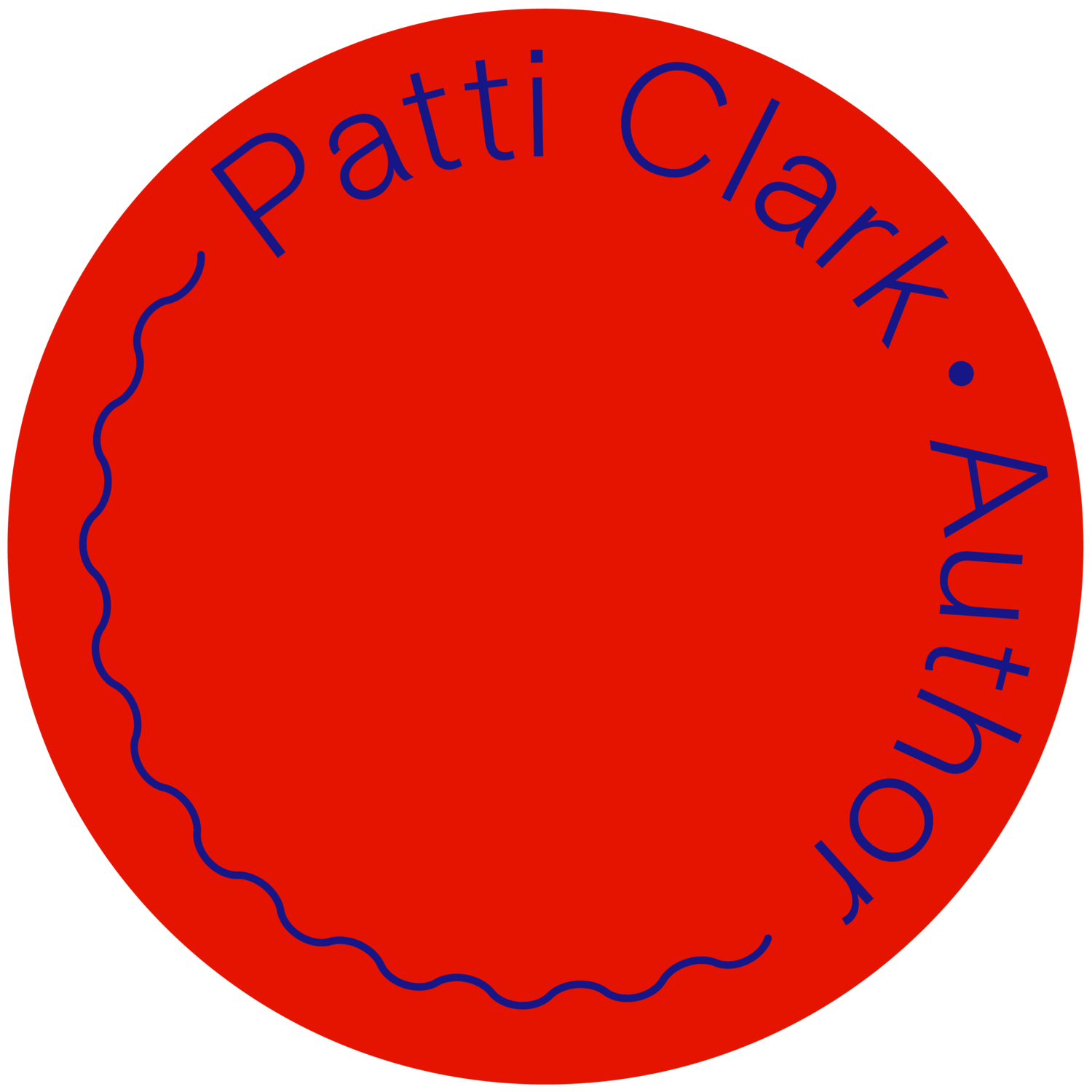We Need More Sleep…Now where are my keys? … Uh Oh … they’re in the fridge…
A good laugh and a long sleep are the two best cures for anything.
- Irish Proverb
I notice more and more when I’m talking with my friends, our conversations often drift toward our ailments and our forgetfulness. I’m 63 years old and I keep thinking that I’m way too young for this to be the focus of conversations. Another friend was talking about her fears of dementia and Alzheimer’s … again we are way too young to be having this conversation… or are we?
After listening to a TED talk by Lisa Genova, author of Still Alice, I realize that perhaps we are not too young to be talking about this after all. As a matter of fact, perhaps we should be talking about it more than we are and working to avoid Alzheimer’s. Genova explains that there are things we can do to help prevent Alzheimer’s Disease (AD) and that we need to do it before we start putting our keys in the fridge, because by that point it could be too late. There are several things that we can do to prevent this dreaded ailment – exercise, eat properly, and avoid too much alcohol for starters. But she explains, nothing helps more than a good night’s sleep.
I wrote about sleep a couple of years ago in a blog post: Rest for the Weary. In it, I explain that sleep, as described by sleep expert Matthew Walker, is our life-support system and Mother Nature's best effort yet at immortality:
Not enough sleep or poor quality sleep impacts our immune system, hormones, heart, learning, memory and even impacts men’s testicles and women’s reproductive organs. Interestingly enough, it also impacts our genetic code. Lack of sleep hugely impacts our ability to heal as well. In our body we have cells that protect us, sometimes called natural killer cells (NKC). You can think of natural killer cells almost like the secret service agents of your immune system. They are very good at identifying dangerous, unwanted elements and eliminating them. In fact, what they're doing here is destroying a cancerous tumor mass. So what you wish for is a virile set of these immune assassins at all times, and tragically, that's what you don't have if you're not sleeping enough. And as we age, and our memory seems to fade rapidly, all of us over 50 can certainly attest to that, sleep is even more essential. Research is showing that the disruption of deep sleep is an underappreciated factor that is contributing to cognitive decline or memory decline in aging, and most recently discovered in Alzheimer's disease as well. Basically in a nutshell there is nothing positive about not getting enough sleep.
There we are back at sleep and Alzheimer’s Disease. In her TED Talk, Genova explains that these natural killer cells (NKC) are vital in the fight against AD.
NKC fight against something called Amyloid Beta (AB) that creates a kind of plaque in the brain and creates ‘tangles’ as Genova describes them.
The National Library of Medicine describes it this way:
Brains of AD patients are characterized by accumulation of amyloid beta (AB) into senile plaques and hyper-phosphorylated tau into neurofibrillary tangles.
The collapse of neural networks important for memory and cognition, including death of neurons and degeneration of synapses, causes the debilitating dementia associated with Alzheimer’s disease (AD). We suggest that synaptic changes are central to the disease process. Amyloid beta and tau form fibrillar lesions that are the classical hallmarks of AD.
Genova explains that one of the best way to encourage the growth of the NKC or killer cells that attack those AB and prevent that plaque described is be getting a good night’s sleep. This is done by a process of something called synaptic pruning, which is a process which allows our brain to tidy up and get rid of things that are unnecessary or in the case of ABs, harmful.
“Sleep provides a time when the brain's synapses — the connections among neurons—shrink back by nearly twenty per cent. During this time, the synapses rest and prepare for the next day, when they will grow stronger while receiving new input to learn new things.”
Without this clean up and re-set, known as "synaptic homeostasis," synapses become overloaded and burned out, unable to function at an optimal level. Scientists call this “use-dependent cortical reorganization,” meaning that we strengthen whichever neural pathways we use most often, and lose the ones we use the least. And without sleep allowing for this clean up, the AB plaque builds and we all become more susceptible to AD. And it is not too early to start this process.
One question that has been asked is:“How about a nap? Will that help?”
And the answer is … well maybe a bit. It will help prevent sleep deprivation anyway. However, the quality of the sleep from naps is less than the sleep quality you get from a natural nightly sleep. It is essential to have slow wave, REM sleep, the type you typically get from a good night’s sleep. And importantly, in terms of eliminating ABs to prevent AD, often that synaptic pruning does not take place during a short nap. So yes, naps do help, but they cannot replace a long sleep at night to prevent that AB and plaque accumulation that leads to Alzheimer’s.
So by all means take naps, eat well, exercise a bit daily, but most of all, starting right now, before you put those keys in the fridge, get a good night’s sleep.
I’d like to close with Lisa Genova’s TED talk
Please let me know your thoughts after you watch this.
And as always, thank you for taking the time to visit. I appreciate it.


